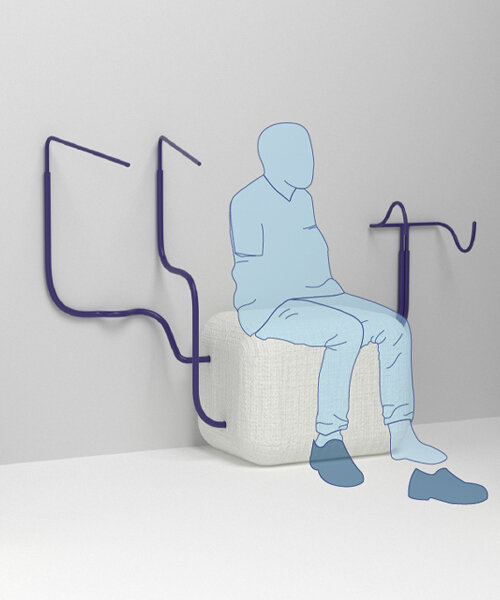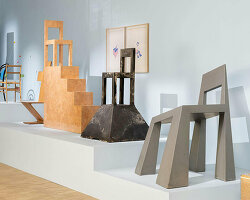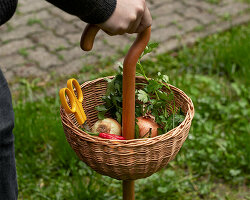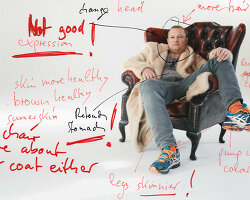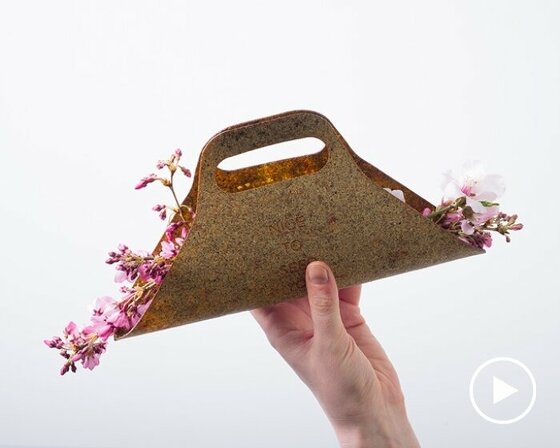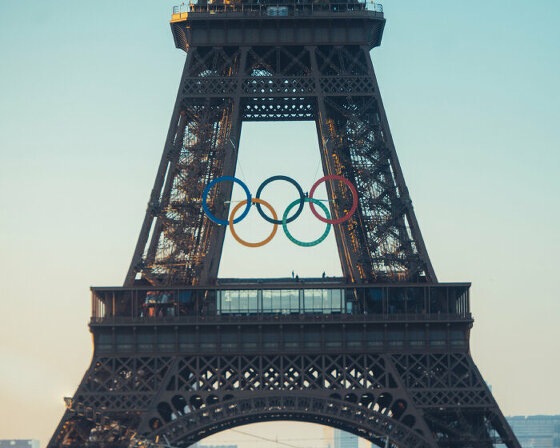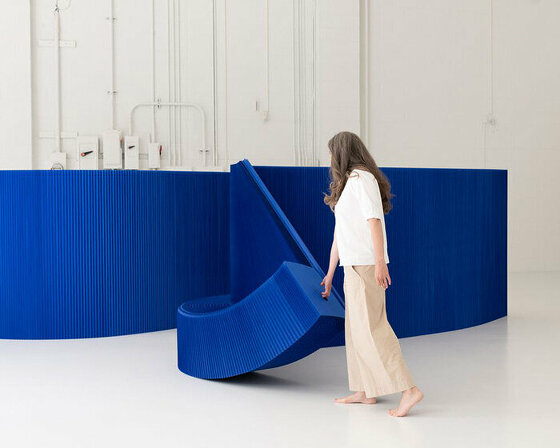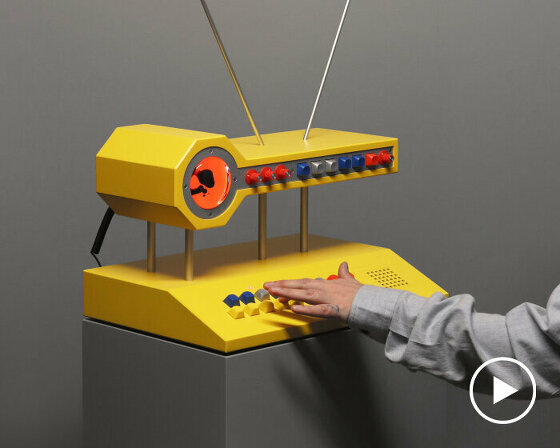if design student award 2024 winners
At the Triennale Milano, the iF DESIGN STUDENT AWARD 2024 unveiled its winners. The competition saw an impressive turnout, with almost 10,000 entries from 72 nations. From this vast pool, 76 outstanding designs have been recognized, showcasing the creativity of young designers worldwide.
With over 20 years, the iF DESIGN STUDENT AWARD has a long history of supporting young talents and encouraging innovation. This year’s award continues this tradition, honoring projects that offer practical solutions to real-world problems, spanning from energy saving products and sustainable passive cooling materials to modular emergency shelters in earthquake-prone regions. By aligning its evaluation criteria with the United Nations’ Sustainable Development Goals (SDGs), the award highlights designs that address important global issues.
The winners represent a diverse group of innovative thinkers from 24 nations, including Austria, Korea, Taiwan, China, Italy, Spain, Singapur, Canada, Indonesia, Poland, and more. Each project was evaluated by a jury of esteemed international design experts. The final selection process took place on April 26 in Berlin, where the top concepts were chosen for their potential to make a significant impact. The criteria for evaluation included problem-solving ability, ethical standards, group relations enhancement, positive experience creation, and economic sense.
Discover nine notable iF DESIGN STUDENT AWARD 2024 winners, below, which were honored with 50,000 euro prize money in total, and explore the full list of 76 honored projects – here.
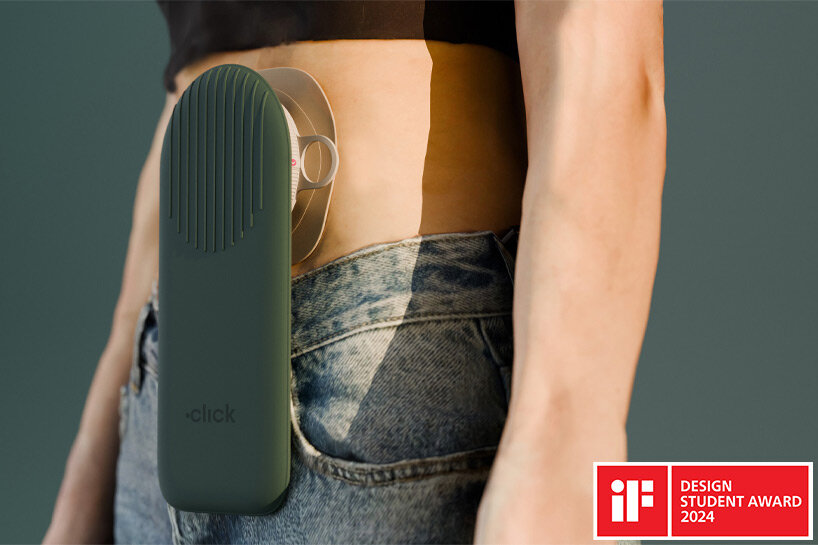
Click by Mika Leßmann
CLICK
SDG: Goodhealth + Well-Being
Design: Mika Leßmann
University: University FH Joanneum, Graz, Austria
Prize Money: 2500 Euro
A stoma is an artificial bowel exit for people with a nonintact digestive system. Patients have to wear a stoma bag – a glued-on pouch that collects their output – 24/7. Conventional bag systems consist of several welded multimaterials and are hard to use for people with low dexterity. Click is an innovative, modular system for stoma care. A screw connector, combined with a silicone cover, enables the secure use of monomaterial, disposable stoma bags. The system is split into carefully designed reusable and disposable parts, which reduces the material consumption per bag change and allows Click to be highly accessible and customizable.
Jury Statement: ‘This project offers an important innovation for colostomy bag users. In addition to improving aesthetics, the project presents an easy-to-fix solution, reduces the use of different materials, and has reusable parts that reduce waste. This gives greater dignity to users.’
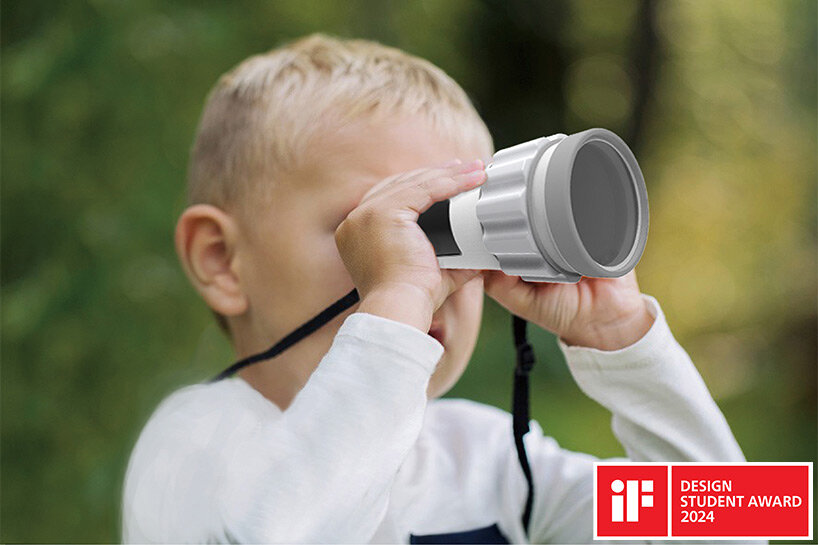
Cloud Telescope by Jingyi Jiang
CLOUD TELESCOPE
SDG: Quality Education
Design: Jingyi Jiang
University: Royal College of Art, London, United Kingdom
Prize Money: 10000 Euro
The weather telescope is an educational tool designed to help children understand more about the weather. The inspiration comes from children’s natural love of observing unusual cloud formations in the sky, even without understanding the science behind those formations. The cloud telescope is very easy to use and carry. By looking through the device, children can see information about the clouds they selected in the VR interface, thus providing a fun and relaxed way to increase their understanding of weather.
Jury Statement: ‘This is a refreshing alternative to tablet- or phone-based applications to help children recognize and learn about weather and clouds. Its reference to the form of a telescope recalls the earliest human fascination with sky-gazing. The integration of AR technology elevates sky-gazing above the level of a toy, making it a truly educational, but still very fun-to-use device. Well done!’
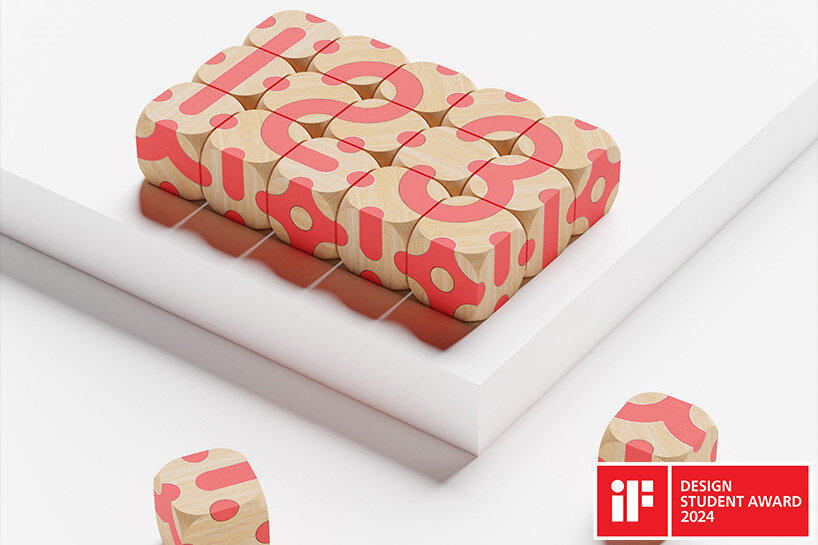
Infinity Block by Yihang Wang, Jialong Lai, Ruiqi Zhang and Xinyun Kou
INFINITY BLOCK
SDG: Goodhealth + Well-Being
Design: Yihang Wang, Jialong Lai, Ruiqi Zhang, Xinyun Kou
University: Zhejiang University of Technology, Hangzhou, China
Prize Money: 5000 Euro
Infinity Block, an innovative wooden cube toy, aims to promote brain vitality and creativity, particularly addressing cognitive decline in the elderly. Neuroplasticity studies on mild cognitive impairment have shown that cognitive training, especially in dot and line recognition, helps to revitalize the brain. Infinity Block is also aesthetically attractive and functions as a challenging and fun game.
Jury Statement: ‘This wonderfully simple yet versatile idea that creates endless possibilities with ease. It serves not only as a playful cognitive training tool for older people but can also inspire creativity in people of all ages.’
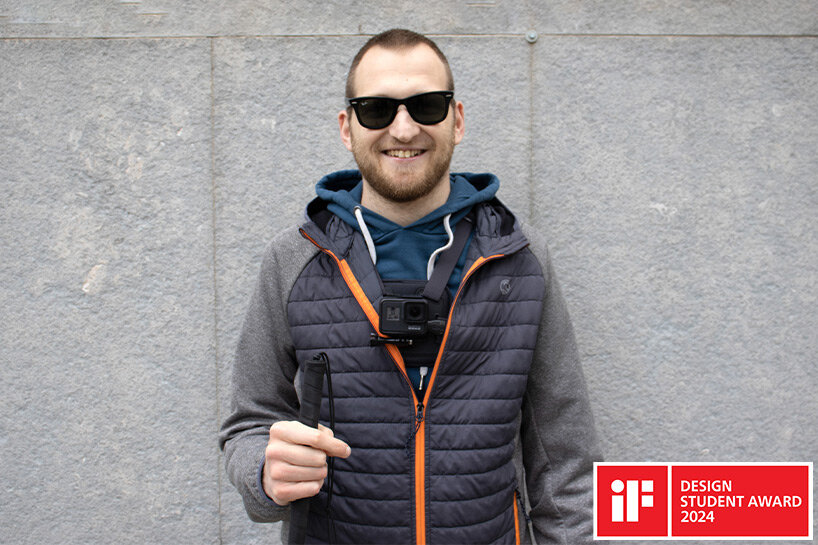
NOBJECTE by Joan Cofan
NOBJECTE
SDG: Goodhealth + Well-Being
Design: Joan Cofan
University: ELISAVA, Barcelona School of Design & Engineering, Barcelona, Spain
Prize Money: 10000 Euro
Blind people can easily become disoriented on the street, either while following familiar routes or exploring new places. This concept uses currently available AI technology, such as image recognition, to improve the daily lives of visually impaired people by converting visual information into haptic signals via a wearable device. NOBJECTE is fully customizable and can substitute for guide dogs in places and situations where these are not available.
Jury Statement: ‘NOBJECTE helps visually impaired people to go about their daily lives independently without conventional aids such as the white cane or guide dogs. Supported by AI, the design is individualized and learns in daily routines. The jury is convinced of the great benefit of the vibrating wearable: millions of visually impaired people, non-stigmatizing, customizable, and hands-free.’
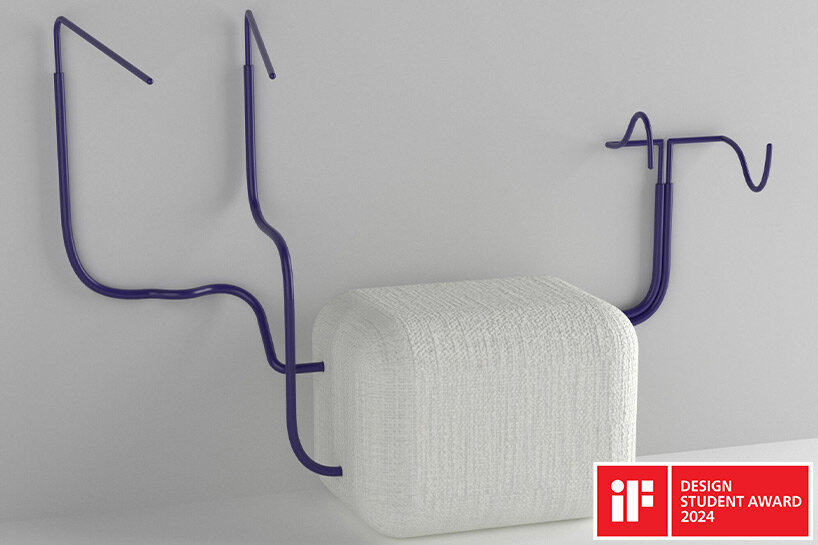
Pongo by Manuel Vega Lara, Paula Gómez Alemany and Cristina Campos López
PONGO
SDG: Reduced Inequalities
Design: Manuel Vega Lara, Paula Gómez Alemany, Cristina Campos López
University: Polytechnic University of Valencia, Spain
Prize Money: 2500 Euro
Pongo is a piece of furniture to aid users with no upper limbs in the process of getting dressed. It is formed by three main components; bars, hooks, and a padded seat. Each component has its function: The bars are for upper-body garments, while the hooks are for lower-body garments. The seat can store all the bars, which can be removed. Pongo makes getting dressed easier and faster.
Jury Statement: ‘A simple and inexpensive furniture solution allows people with arm disabilities to dress themselves without relying on the assistance of others, so they can live more independently and with dignity.’

ReShade by Zhong-Wei Lin
RESHADE
SDG: Sustainable Cities + Communities
Design: Zhong-Wei Lin
University: National Cheng Kung University, Tainan City, Taiwan
Prize Money: 2500 Euro
ReShade is a cooling and greening device specifically designed for construction sites, with the goal of creating a more comfortable workspace for workers and fostering sustainable environments for the planet. This innovative design focuses on lowering the temperature within the work environment by utilizing plants to shade the area from the sun, all while ensuring proper ventilation. By doing so, it effectively minimizes the risk of heatstroke among workers. Moreover, the design contributes to resource conservation in greening initiatives by repurposing discarded coconut fiber, which replaces plastic pots as planting containers.
Jury Statement: ‘The ReShade project is an amazing and brilliant idea to care for workers and the city itself. While providing shade for workers operating in the scaffolds, it beautifies the city and lowers the temperature in the surroundings, thanks to the smart use of an organic system of coconut fibers, plants and harvested rainwater. Great for humans and the environment!’
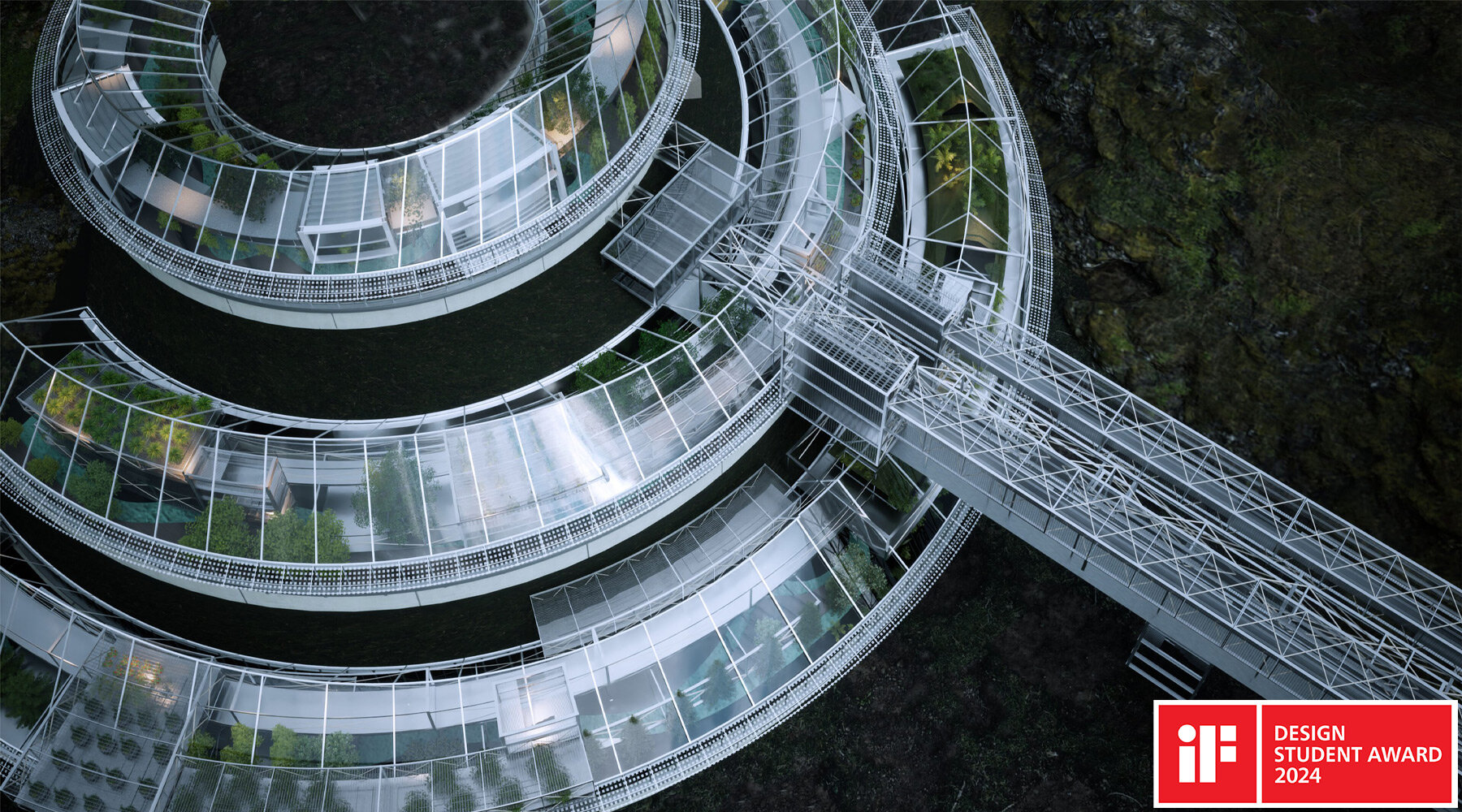
Therm Harvest Nexus by Liu Zi-Chien and Lin Chia-Wei
therm harvest nexus
SDG: Industry, Innovation + Infrastructure
Design: Liu Zi-Chien, Lin Chia-Wei
University: Nation Taiwan University of Science and Technology, Taiwan
Prize Money: 2500 Euro
The Therm Harvest Nexus is an innovative architectural design that addresses the challenges of heat and energy loss in geothermal power generation. Inspired by Iceland’s unique volcanic landscapes and local architectural forms, this concept effectively harnesses geothermal energy at various loss stages. It utilizes the residual heat for crop cultivation and various other applications. Simultaneously, it significantly reduces thermal loss during geothermal energy production, promoting sustainability.
Jury Statement: ‘The Therm Harvest Nexus presents a comprehensive solution to global and systemic issues by introducing an innovative approach to harvesting geothermal energy for the cultivation of fruits and vegetables in environments traditionally unsuitable for such activities. By situating the project within the Icelandic landscape, it leverages natural volcanic activity as a sustainable energy source, fostering a symbiotic relationship between the planet, its resources and human activity.’

Touch’n Taste by Choi Mina and Kim Ihyeon
TOUCH’n TASTE
SDG: Quality Education
Design: Choi Mina, Kim Ihyeon
University: Myonji University, Yongin, Republic of Korea
Prize Money: 10000 Euro
Unable to see or hear, deaf-blind children may develop aversions to textures due to a heightened sensitivity to touch. Touch’n taste comprises large tactile models that categorize the texture of food, along with small tactile models of the same texture attached to the plate. Children can experience various textures of food by touching the tactile models with their hands or tongues. By repeating this process, the children will be able to infer the texture of the new food simply by touch, thus overcoming their fear of textures.
Jury Statement: ‘Experiencing new foods as a toddler is a crucial moment in educational development. Using pleasing, nonthreatening tools, Touch’n taste places special attention on this moment, encouraging communication and interaction with one’s surroundings.’
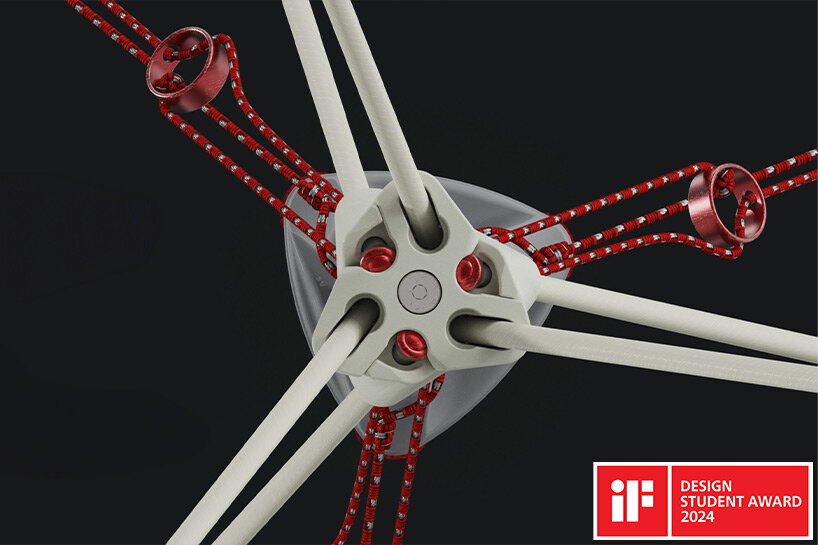
Vela 9 by Giovanni Marconetti, Cosimo Agnoletti, Linus Van Rafelghem and Davide Masoero
Vela 9
SDG: Affordable + Clean Energy
Design: Giovanni Marconetti, Cosimo Agnoletti, Linus Van Rafelghem, Davide Masoero
University: Politecnico di Milano, Milano, Italy
Prize Money: 5000 Euro
Vela 9 is a compact, foldable, and lightweight wind turbine with a focus on rapid set up without requiring tools. The final design is a 20W turbine that can be dismounted into a foldable umbrella structure and a compact housing for electronics and generator, both fitting easily into any backpack. Essential to the compact design are textile blades made of discarded sail material and a screwless folding mechanism. Tension provided by the fiberglass rods keeps them in an aerofoil shape. The design carefully considers appropriate bearings, waterproof connections, power transfer, and guy-wire attachment points to provide stability.
Jury Statement: ‘An essential, well-developed solution that merges functionality with usability. The product has been conceived to be compact, lightweight and easy to maintain. A long-lasting solution that leverages discarded material to generate ocean energy.’
project info:
name: iF DESIGN STUDENT AWARD
organizer: iF DESIGN AWARD
event date: 13 June 2024
event location: Triennale Milano, Milan, Italy
event sponsors: GROHE, Germany | Wonderland, Taiwan | NetDragon, China | Compal Electronics, Taiwan | Casarte, China
iF design (23)
milan triennale (40)
PRODUCT LIBRARY
a diverse digital database that acts as a valuable guide in gaining insight and information about a product directly from the manufacturer, and serves as a rich reference point in developing a project or scheme.
